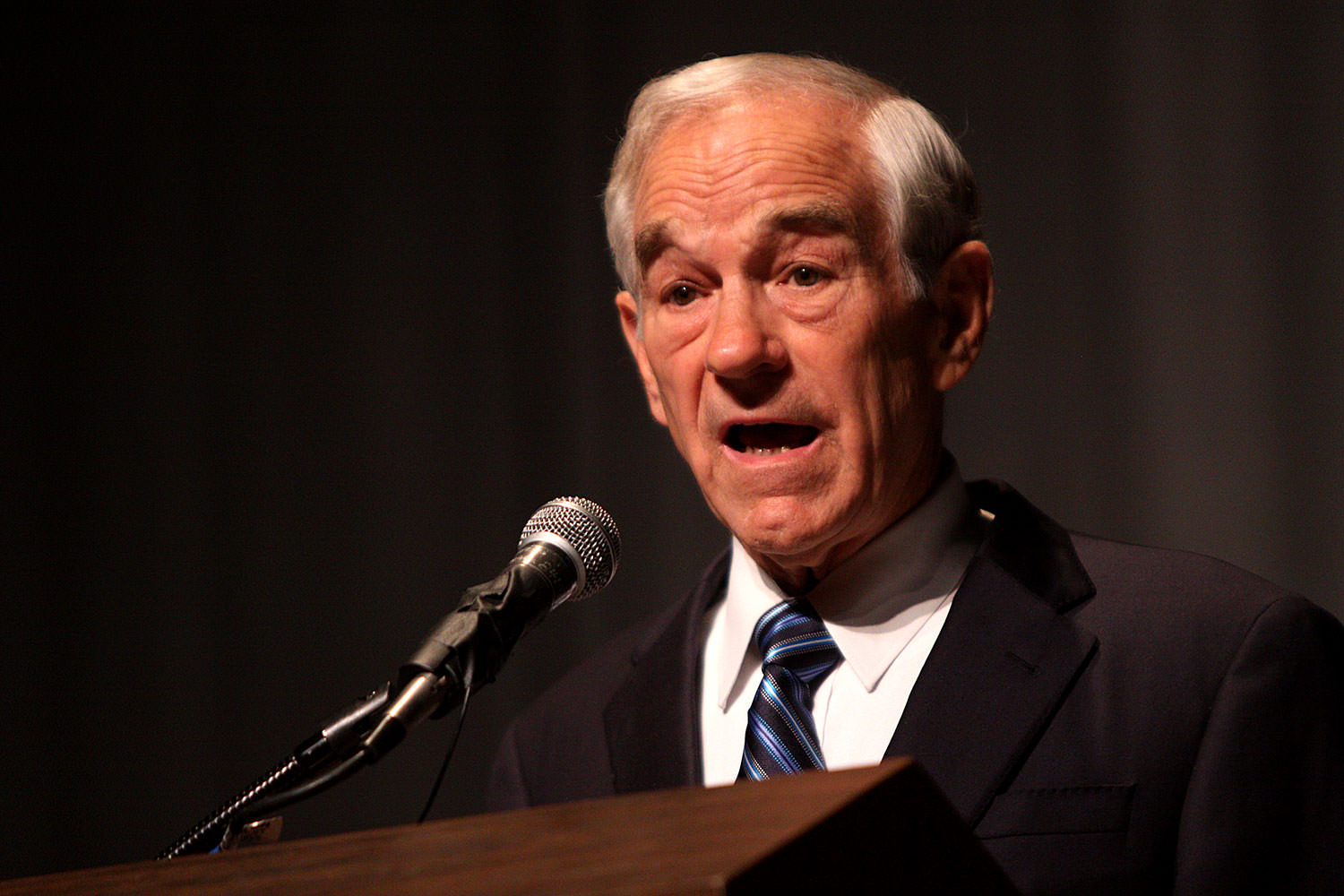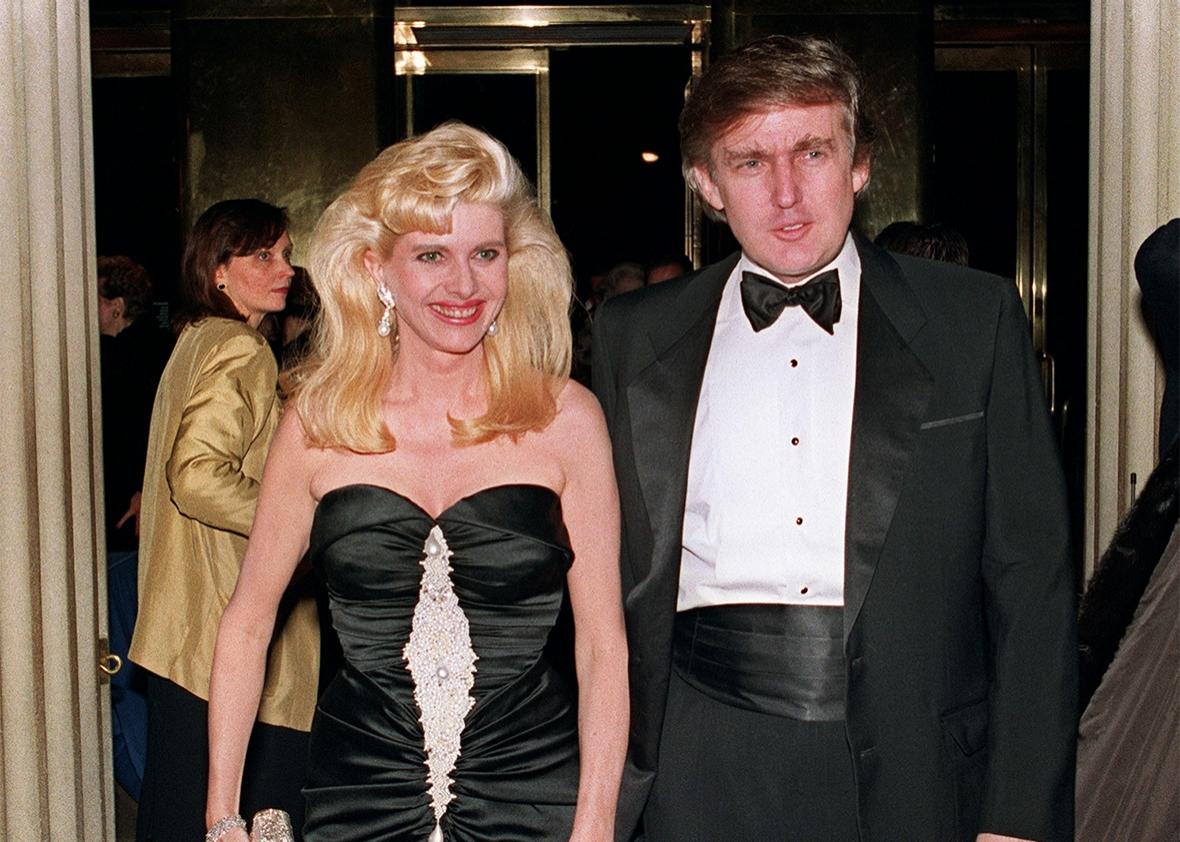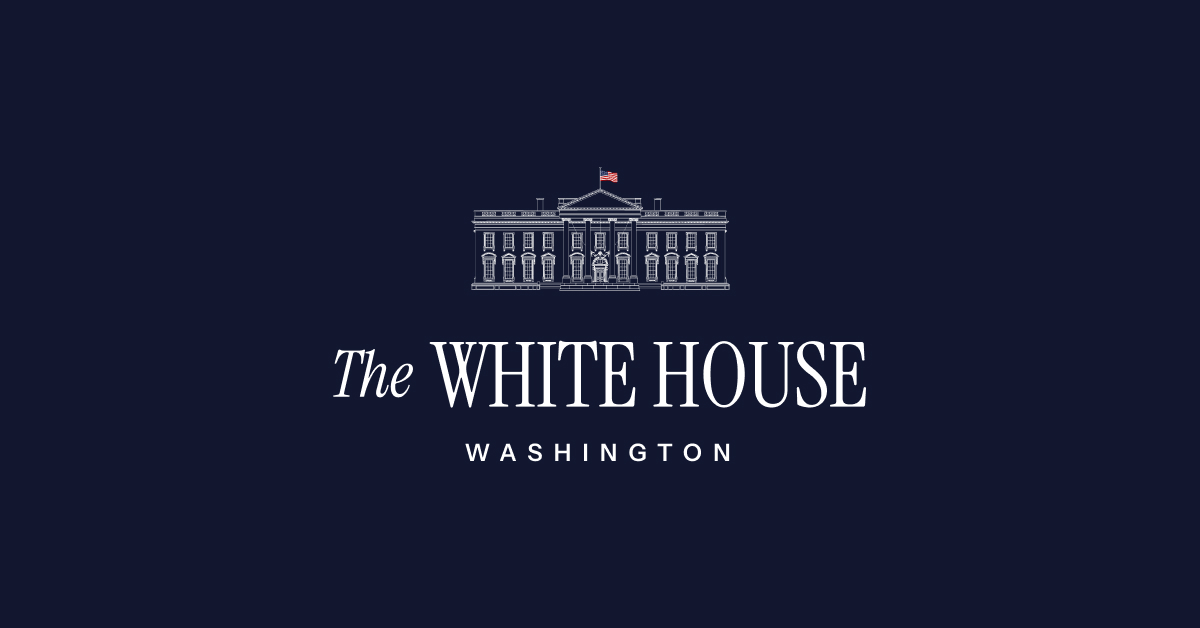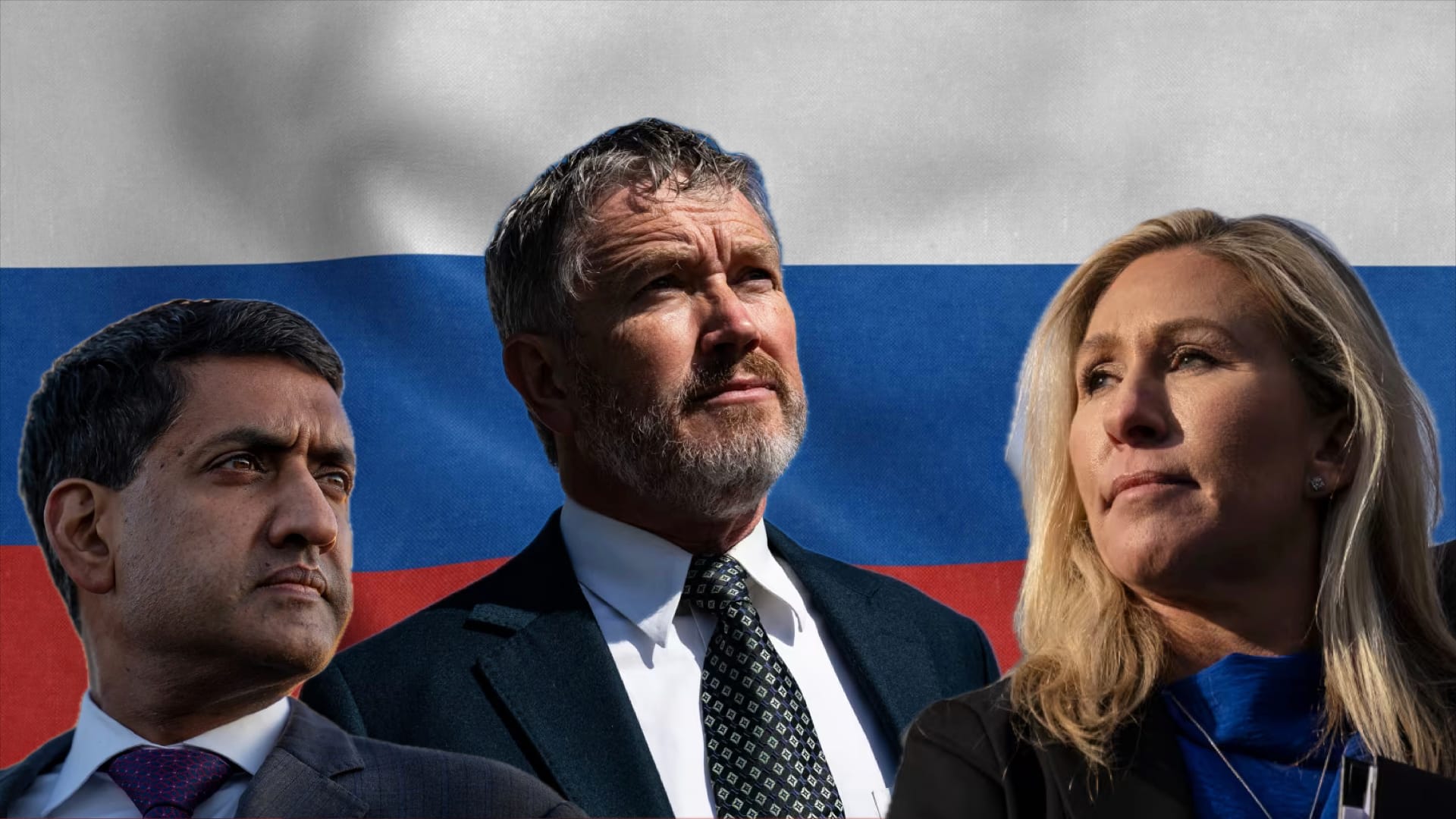Will Trump's Iran Gamble Spell the End of MAGA?
MAGA is a fragile coalition of Christian conservatives and anti-war libertarians. Can it survive Trump's military adventurism in Iran?

What began as the Musk-Trump rift over the so-called “Big Beautiful Bill” has expanded into a full on revolt between the GOP's ascendant libertarian, anti-war faction and the big-spending, business-as-usual, pro-Israel crowd that many have historically identified as “neoconservative.”
To understand the potential implications of the present schism, it's necessary to understand Russia's efforts to influence American attitudes about war. While many people are familiar with Soviet alignment with the “peace” movement that took root in the American left, especially during the 1960's in the form of opposition to the Vietnam war, lesser known is the fact that Russia has sought alignment with the anti-tax and libertarian movements over the last several decades. (See Paranoia on Parade for a history of these origins.)

Former Rep. Ron Paul (R-TX) has become a spiritual center for this libertarian “anti-war” faction, echoing historical Russian propaganda such as Protocols of the Elders of Zion. In Paul's version, which is also inherently antisemitic, bankers are the cause of all war, and war would not be possible if central banks didn't exist. This philosophy also incorporates the voluntaryist ideas of Samuel Konkin and Robert LeFevre, namely that no one should ever be compelled to do anything — and that includes being on both the giving and receiving end of military intervention. In their view, everyone has the right to be left alone; and while self-defense is acceptable, military intervention most assuredly is not.
Russia has been pleased to spread this philosophy inside the GOP, as it curbs American influence and provides a relatively coherent framework for the population to push back against military adventurism. And combining left-wing peace with libertarian anti-war is more potent still.
Trump-Russia: Defanging the GOP
Russia's central goal in backing Donald Trump was to try to advance the libertarian anti-war worldview as the default Republican position. This alignment has been on display since at least 1987, when Trump first began complaining about the unfairness of NATO.
Trump's first term brought together the Mercer (Steve Bannon) and Koch (Mike Pence) networks in a fragile coalition. The Russia-aligned anti-war networks were broadly supportive of Trump, as a contrast to Hillary Clinton, whom they viewed as hawkish. Within that context, Donald Trump earned a reputation as being a relative “dove” opposed to “forever wars,” and indeed his administration initiated the military withdrawal from Afghanistan.
Where Trump's first term was loaded with large personalities with their own strong ideas about the role of military intervention (Gen. Jim “Mad Dog” Mattis; John Bolton), the second Trump term has been stocked with anti-war advisors like Elon Musk, Director of National Intelligence Tulsi Gabbard, Health and Human Services Secretary Robert F. Kennedy, Jr. and Vice President J.D. Vance.
Gabbard, who for years has displayed consistent alignment with Russian talking points, released a video last week in which she claimed that the world is “on the brink of nuclear annihilation.” The message echoed Russian foreign policy, specifically the long-held Primakov Doctrine, which asserts that nuclear weapons are Russia's ultimate guarantee of sovereignty; accordingly, Western nations are to be reminded often that they risk nuclear destruction if they don't respect Russia's wishes.
Trump's Narcissistic Injury
According to Politico journalist Rachael Bade, Gabbard's video annoyed Trump because he felt she was trying to speak pre-emptively for the administration, upstaging the President. As Bade wrote in a post on X, “He took it as her taking a shot across the bow at him as he mulled whether to join Israel in attacking Iran. And he didn’t like it.”
Bojan Pancevski, a journalist with the Wall Street Journal, summed up the situation succinctly: “There is a non-interventionist axis atop of the US [government] including Vance, Musk and Gabbard; they have also been critical of Ukraine support. Now Musk is out and Trump publicly & privately distanced himself somewhat from Gabbard. He doesn't seem to want others to proclaim policy, ideology, worldview etc, for his presidency, even on stuff he campaigned with.”
And while Trump has for years been happy to maintain broad alignment with Russia's worldview, he has raised eyebrows in Moscow in recent weeks by deviating from it. Armchair psychoanalysis is generally unhelpful, but one might conclude that Trump is now displaying a kind of “narcissistic injury” wherein he asserts himself in contrarian ways in an effort to be taken seriously. Many have also observed that Trump tends to adopt the views of the last person he's spoken with. Both of these phenomena may be in play.
Donald Trump, Dove: “You go in and clean it out”
While it's tempting to see conflict in Iran as yet another “forever war,” that framing has been used by the Russia-aligned left-right peace-antiwar coalition specifically to discourage American military escapades. But Trump's motivations may be somewhat different from the typical neoconservative goals of regime change or resource extraction.

In addition to Trump's repeated statements that Iran should not be allowed to have nuclear weapons, one can look to the roots of his understanding of the disarmament topic in general. In a detailed 1985 interview with writer Ron Rosenbaum, Trump suggested that thanks to his discussions with his uncle, John G. Trump (a notable MIT scientist who played a significant role in the use of radar technology in World War II), he had come to believe that nuclear proliferation was the biggest danger facing the planet.
Here's what Trump told Rosenbaum in 1985:
So what is the deal Trump thinks can be done? What is the Trump Plan?
It’s a deal with the Soviets. We approach them on this basis: We both recognize the nonproliferation treaty’s not working, that half a dozen countries are on the brink of getting a bomb. Which can only cause trouble for the two of us. The deterrence of mutual assured destruction that prevents the United States and the USSR from nuking each other won’t work on the level of an India-Pakistan nuclear exchange. Or a madman dictator with a briefcase-bomb team. The only answer is for the Big Two to make a deal now to step in and prevent the next generation of nations about to go nuclear from doing so. By whatever means necessary...
He proposed making a deal with Russia such that “the Big Two” (the US and USSR) could “go in and clean out” smaller countries that refused to give up their weapons. This logic may make some sense in Trump's might makes right mobster logic, and may also in part explain Trump's affinity with Russia and Vladimir Putin. He sees himself as a historic, even messianic character who will bring peace to the world through force.
But he is now threatening to “go in and clean out” Iran's nuclear program, despite the fact that Iran has long been a key Russian ally. And Russia isn't pushing back — at least yet. While Russia's network of libertarian, anti-war propagandists expresses alarm, the Kremlin isn't taking much action in response.
As such, Putin's true position on the Israel-Iran conflict is as ambiguous as Trump's. Will Trump order direct military strikes without Congressional approval? Is this all theater staged by both Trump and Putin to force Iran to disarm?
Domestically, if Trump does proceed with direct military strikes on Iran, it will badly and perhaps permanently fracture the MAGA coalition. There are signs that Gabbard may already be on the way out. Tucker Carlson (who strongly favors the pro-Russia, anti-war position) interviewed Ted Cruz today, pressing him on why he was so supportive of Israel and ready to attack Iran.

If Elon Musk also decides to come out against intervention in Iran, it will provide cover to Vance, Gabbard, RFK Jr., Carlson, and the rest of the libertarian anti-war faction to start to undermine Trump, which may lead to impeachment or an effort to invoke the 25th Amendment.
But as with all things Trump 2.0, if you don't like the crisis of the moment, wait ten minutes. It was just last week we were wondering if martial law would be invoked in Los Angeles. That worry, for a moment at least, feels like a distant memory. ◼
Additional Suggested Reading











